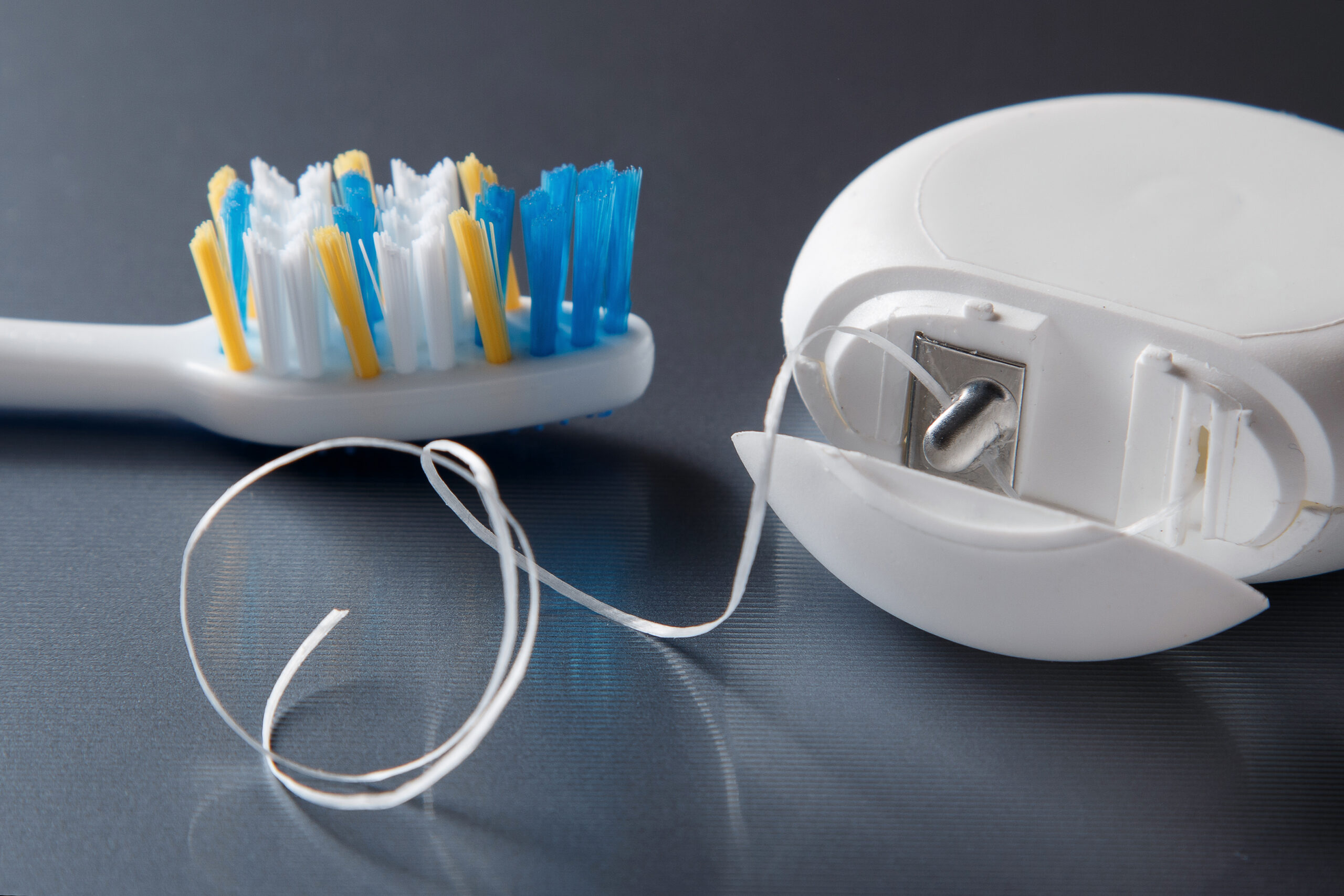- What is dental plaque?
- What is dental tartar?
- How do dentists treat plaque and tartar?
- Plaque removal tips: How to prevent tartar buildup from plaque
When visiting your dentist in Toronto for a routine cleaning and dental examination, you might hear a lot of talk about plaque and tartar. You are clearly given the impression that both substances are harmful to your oral health, and your dental team will likely tell you how to avoid them at all costs.
It is true – plaque and tartar are the enemies of good oral health. However, not everyone knows precisely what plaque and tartar are, how they are related, how they differ, and what effect they can have on your teeth and gums.
On this blog, we demystify plaque and tartar and help you devise a dental maintenance plan to keep them from affecting your smile.
What is dental plaque?
Plaques are great when you receive recognition for an achievement, but the dental kind of plaque is no prize. Dental plaque is a sticky bacteria film that forms on your teeth and feeds on leftover food particles after you eat.
Dental plaque is colourless, so you cannot see it, but you can feel it. If you run your tongue over your teeth and they feel a little fuzzy, that is the plaque. Other signs of plaque include bad breath (halitosis) that does not go away and red, swollen gums that bleed when you brush.
Although plaque is natural, it is also dangerous to oral health. The bacteria within the plaque will produce harmful acids that eat away at your tooth enamel, the hard surface that protects the soft, sensitive dentin underneath. Plaque can lead to dental caries, commonly known as cavities, if left untreated.
What is dental tartar?
Dental tartar, also known as calculus, is related to dental plaque but not the same. Tartar develops on your teeth when plaque buildup is not removed, allowing minerals from your saliva to combine with the plaque to harden and become tartar. One sign of dental calculus is the visible stains they may create on your teeth, usually close to the gum line. The rate at which plaque turns into tartar can vary widely between people, so it is essential to monitor your situation closely.
One of the main differences between plaque and tartar is that plaque can be removed from your teeth by brushing and flossing at home, whereas tartar can only be removed by your dentist.
Another difference is that the outcomes of tartar are more severe than those associated with plaque. While plaque can cause cavities, bad breath, and gum disease, tartar can lead to tooth sensitivity, discolouration, gum recession, and advanced gum disease, also known as periodontitis. If periodontitis becomes severe enough, you may develop dental infections and tooth loss.
How do dentists treat plaque and tartar?
During your regular dental checkup, your dentist or dental hygienist will use special dental tools to remove plaque and calculus from your teeth and from below the gum line. This procedure is known as scaling.
After the scaling treatment, your dentist will polish your teeth to remove surface stains and leave them feeling smooth. They may also offer to apply fluoride to strengthen enamel, making them more resistant to the acids produced by plaque and tartar.
Depending on the severity of your condition, your dentist may recommend some specialized at-home strategies to help prevent the substances from forming between checkups, such as:
- Dental sealants that can keep plaque from forming on the chewing surfaces of your teeth
- Fluoride treatments that slow the growth of the bacteria that can lead to plaque buildup
- Dry mouth treatments that will increase saliva production to “wash” food particles away and reduce the risk of plaque forming on your teeth
- Prescription toothpaste or antibacterial mouthwash to keep plaque-forming bacteria at bay
Plaque removal tips: How to prevent tartar buildup from plaque
Plaque and tartar prevention at home starts with following a teeth cleaning and dental health routine that includes:
- Brushing your teeth twice daily using fluoride toothpaste to help prevent the formation of plaque, paying particular attention to the gum line and hard-to-reach areas
- Flossing your teeth at least once per day to remove food particles and plaque from between teeth, minimizing the risk of it hardening into tartar
- Rinsing with an antibacterial mouthwash before bed to reduce the amount of plaque-causing bacteria in your mouth
- Drinking plenty of water to enhance saliva production
- Avoiding sugar, sticky, and starchy foods whenever possible, as these can contribute to acid erosion
- Rinsing your mouth with water after meals to remove loose food particles that can lead to plaque
- Regularly visit a Toronto dentist for professional teeth cleaning and checkup examination at least twice per year
At Yonge Eglinton Dental, we know that every patient will experience the effects of plaque and tartar differently. That is why we look at your specific dental needs to help you develop a dental health plan that is as unique as you are.
If you need help solving dental issues related to plaque or tartar, make an appointment with the dental team at Yonge Eglinton Dental. We will conduct a thorough examination and present practical options for keeping a bright, beautiful smile you will be proud to share with the world.
Say goodbye to plaque and tartar with the experts with a Yonge and Eglinton dental cleaning at Yonge Eglinton Dental!
Learn more about preventing plaque and tartar from the dental experts at Yonge Eglinton Dental in Toronto
Talk to our dental health team when you are ready to optimize your oral health. We will help ensure your teeth and gums look great and are strong and healthy. Make an appointment for an office visit today by calling our office at 416-932-2222 or booking online. We look forward to seeing you!
Are you concerned about visiting the dentist? Read about how we protect the health and safety of our patients and staff so your family can seek proper dental care with peace of mind.








